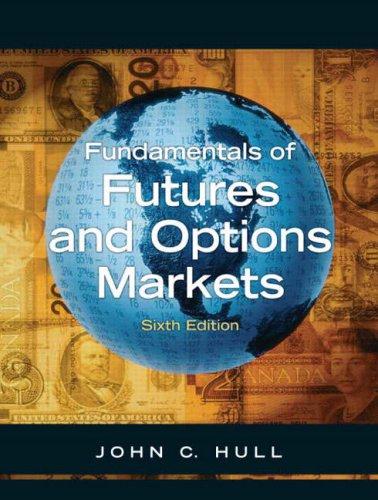Question
The 2007-09 economic crisis was deep and protracted enough to become known as The Great Recession and was followed by what was, by some measures,
The 2007-09 economic crisis was deep and protracted enough to become known as "The Great Recession" and was followed by what was, by some measures, a long but unusually slow recovery marked by unprecedented monetary and fiscal policy initiatives and new regulations.
The period known as the Great Moderation came to an end when the decade-long expansion in US housing market activity peaked in 2006 and residential construction began declining. In 2007, losses on mortgage-related financial assets began to cause strains in global financial markets and on bank financial statements. In December 2007, the US economy entered a recession. That year several large financial firms experienced financial distress, numerous banks failed, and many financial markets experienced significant turbulence. In response, the Federal Reserve and US government provided liquidity and support through a range of programs motivated by a desire to improve the functioning of financial markets and institutions, and thereby limit the harm to the US economy. Nonetheless, in the fall of 2008, the economic contraction worsened, ultimately becoming deep enough and protracted enough to acquire the label The Great Recession." While the US economy bottomed out in the middle of 2009, the recovery in the years immediately following was by some measures unusually slow. The Federal Reserve provided unprecedented monetary accommodation in response to the severity of the contraction and the gradual pace of the ensuing recovery. The US government forced many major banks to issue special preferred stock, which the government bought to ensure these banks were adequately capitalized and to provide reassurance to depositors. The years which followed saw the passage of new laws and regulations, highlighted by the Dodd-Frank Financial Reform Act. These laws and regulations were an attempt to make sure the US government would not have to again bail out the financial system.
Evaluate the loan policies and the depth of the risk management strategies of the banking system prior to the financial crisis. Did these policies contribute or exacerbate the situation.
Step by Step Solution
There are 3 Steps involved in it
Step: 1

Get Instant Access to Expert-Tailored Solutions
See step-by-step solutions with expert insights and AI powered tools for academic success
Step: 2

Step: 3

Ace Your Homework with AI
Get the answers you need in no time with our AI-driven, step-by-step assistance
Get Started


